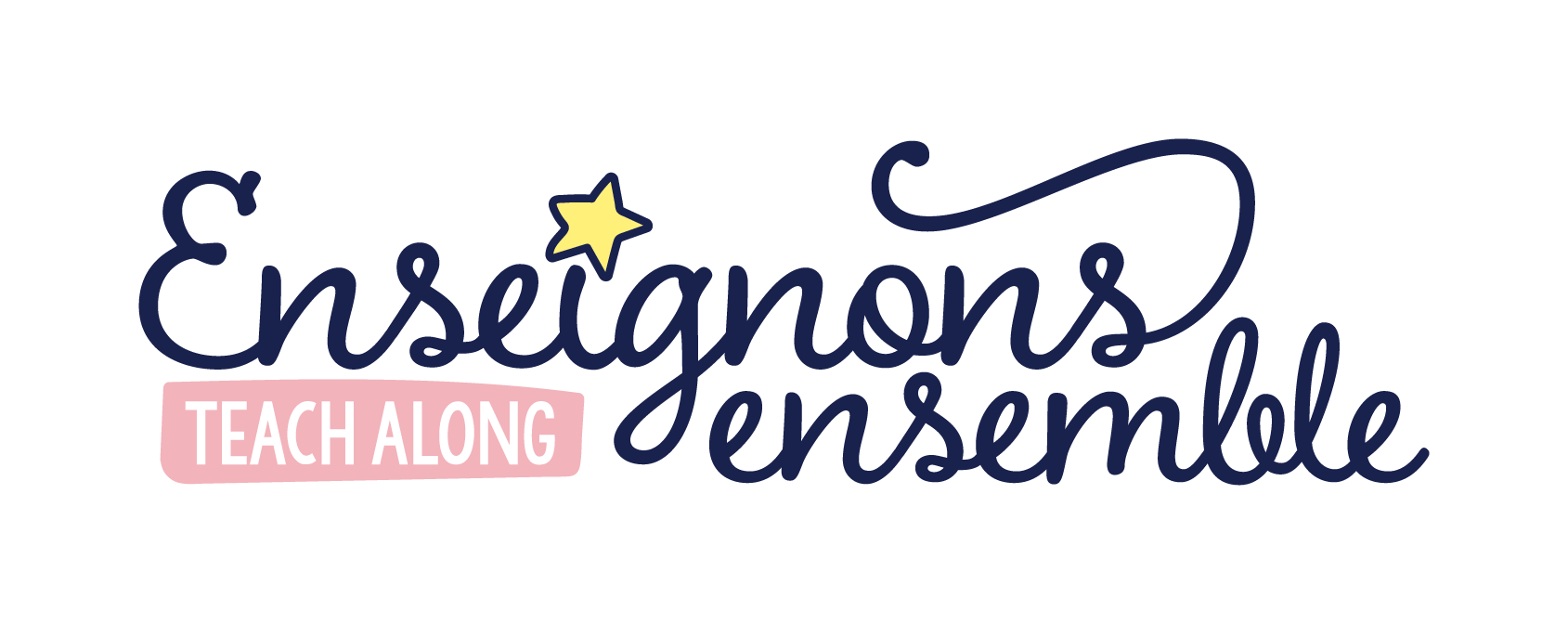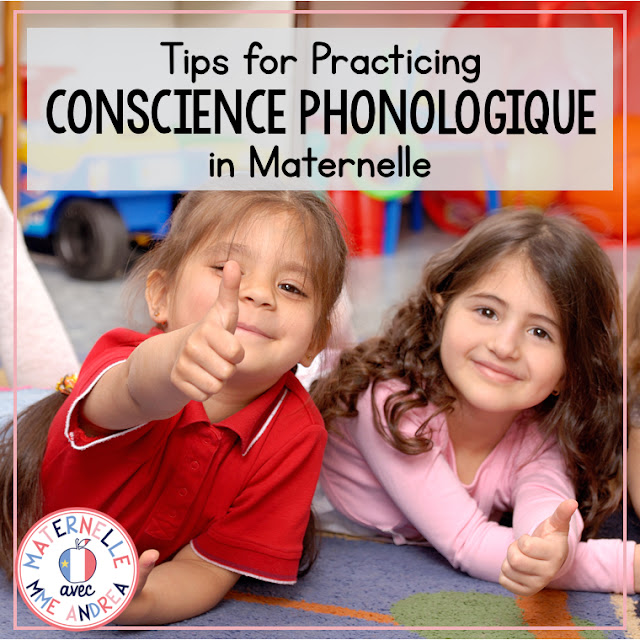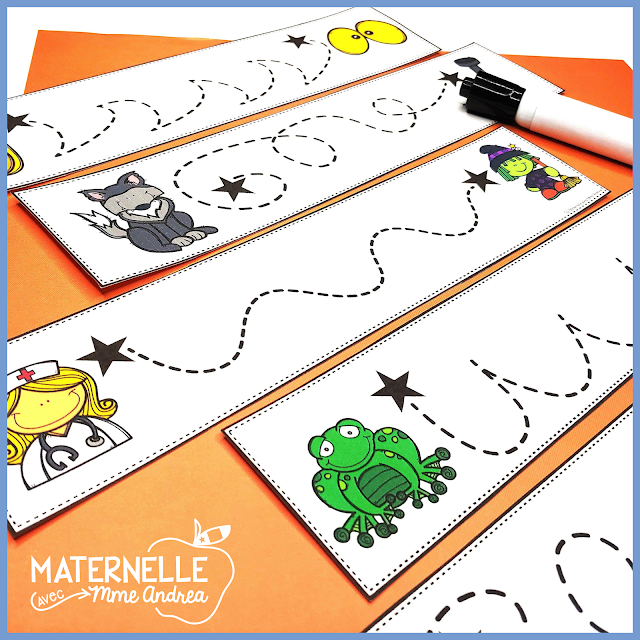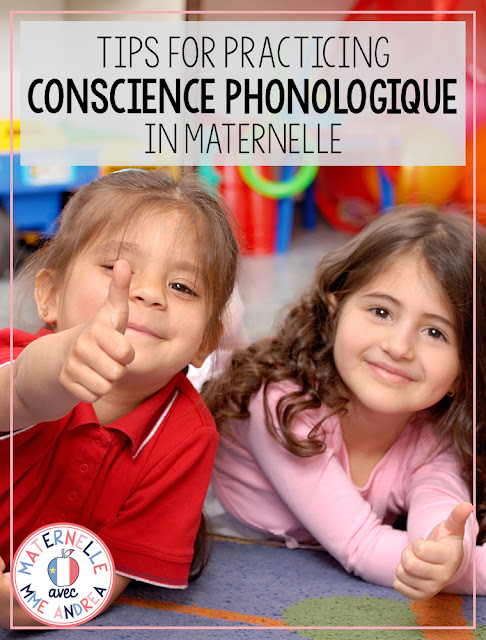I’ve been talking all about la conscience phonologique lately on the blog, because I believe it is incredibly important!
Phonemic awareness is critical for our students’ success in reading and writing when they get a little older, and it’s essential that they understand the sounds that letters make, before they try to learn to read the letters.
Today, I want to share with you some teaching tips for practicing phonemic awareness skills with your students.
- You will want to make sure that you are practicing in short intervals of time. A 20-minute lesson on phonemic awareness with a 4-5 year old is going to be a waste of the last 15 minutes. Five minutes at a time is enough, believe it or not!
- You will also want to build in practice time all throughout the day. Since you only need 3-5 minutes, and everything is done à l’orale, this is pretty easy! There is nothing to prep, and you just need your voices and your brains.
- You will want to start with really simple activities, and then you can move on to more complex activities once your students master those.
- You will also want to choose familiar words to play with. I like choosing words that are based on activities we have done as a class and/or stories we have read. We want our students’ brains to be free to think about the sounds in each word, not trying to figure out what each word means. For this reason, I love using flash cards to help us out, too. So, if I wanted to talk about the beginning sound of the word “vache,” I would hold up a picture of a vache (without the word written on it). Using familiar words will help your students experience more success; there’s lots of time to learn new words at other points in your day!
Again, all of the conscience phonologique activities you do should be completely à l’orale – no words or symbols. You will also want to use the letter sound rather than the letter name. You would ask your students, “Do you hear the sound /v/ in the word vache?” instead of, “Is the letter v in the word vache?”.
You will also want to use assessments to guide your instruction. I like to assess my students at various points in the year.
Things that everyone needs to work on we practice more often as a whole group, and things that only a few students have yet to master I like to really focus on when I’m working with their small groups.
Of course, we still practice all of the components, but I just make sure to really focus on what each student needs when they are in their small groups, and I use the assessment information to help me form my small groups, especially at the beginning of the year.
For example, if I had a group of students struggling with rhymes, we might give these rhyming fine motor strips a try together. But, I might choose a different activity if I had a group of students who were already experts at rhyming.
(I’m working on adding a conscience phono assessment freebie to the Free French Resource Library!)
To use the assessments to help form small groups, you could create either small groups of students struggling with the same skill OR make mixed groups of stronger students with weaker students.
In the case of the latter, just be sure that it’s a learning opportunity for the student who needs extra help – not a situation where they will feel insecure.
Stay tuned, because in my next post, I will share five simple, no-prep activities you can do with your students in short intervals of time, to help them work on their listening skills!




